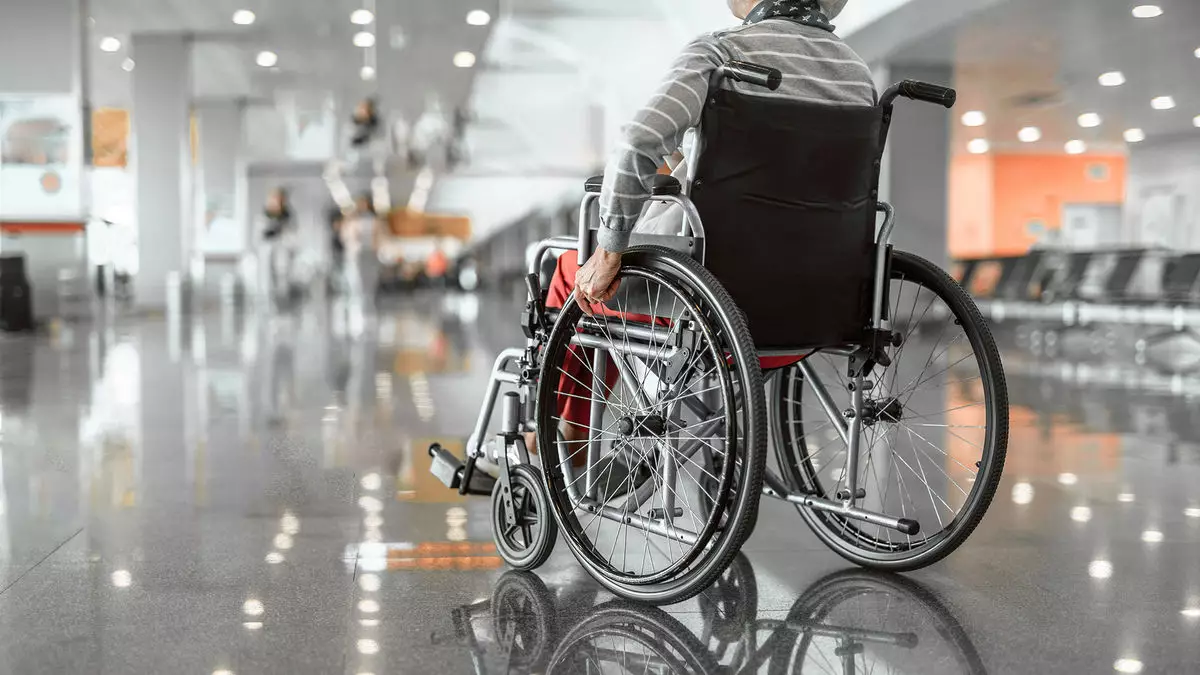In a contentious move that underscores the ongoing debates surrounding disability rights, five major U.S. airlines, alongside the trade organization Airlines for America (A4A), are contesting new federal regulations aimed at improving the experiences of passengers who use wheelchairs. The challenge, filed with the U.S. Court of Appeals for the Fifth Circuit on February 18, sheds light on the complexities of legal authority, regulatory frameworks, and the critical need for passenger safety and accessibility in air travel.
The airlines involved in this legal action include heavyweights such as American, Delta, JetBlue, Southwest, and United. Their petition asserts that the new Department of Transportation (DOT) regulations either exceed the agency’s legal jurisdiction or represent overregulation by the current administration. A4A’s statement reflects a nuanced stance: while the airlines express support for certain wheelchair accessibility measures, they argue that particular provisions of the rule exceed the bounds of legislative authority and violate the Administrative Procedure Act, warranting judicial review.
The regulations, finalized on December 17, aim to enhance protections for travelers with disabilities significantly. They clarify what constitutes a mishandled wheelchair, thus allowing the DOT greater leeway to impose penalties on airlines that fail to manage wheelchairs appropriately. Importantly, these standards also mandate rigorous annual training for airline personnel handling wheelchairs, ensuring that staff are equipped to assist passengers who rely on these mobility aids. Aside from training requirements, airlines must also adhere to stricter protocols regarding the repair and replacement of damaged wheelchairs.
Moreover, airlines are required to provide timely assistance for passengers boarding and deplaning, and they must publish detailed dimensions of cargo holds to inform passengers about the compatibility of their wheelchairs with the aircraft. Furthermore, they must reimburse any fare difference for disabled travelers forced to book alternate flights due to cargo limitations, reflecting a broader commitment to inclusivity in air travel.
Disability advocacy groups have largely endorsed the new regulations, emphasizing the crucial need for airlines to uphold the rights and dignity of travelers with disabilities. As the advocacy community highlights, this segment of the traveling population is not only significant but rapidly growing, making the integration of inclusive practices in air travel all the more essential.
Despite the airlines’ assertions regarding their commitment to accessibility, the challenge they pose against the DOT regulations raises questions about their genuine commitment to meeting the needs of passengers with disabilities. The actions of the airlines could be perceived as an attempt to limit responsibility and accountability while advocating for their operational interests.
The legal challenge initiated by these airlines represents more than just a disagreement over regulations; it encapsulates a larger discussion regarding the balance between corporate interests and consumer rights. As the court considers the merits of the airlines’ claims, the future of air travel for passengers with disabilities hangs in the balance. Advocates are hopeful that the regulations will not only withstand legal scrutiny but will also pave the way for a more equitable travel experience for all. With both sides deeply entrenched in their positions, the outcome of this litigation is likely to have lasting repercussions on the landscape of air travel accessibility.


Leave a Reply